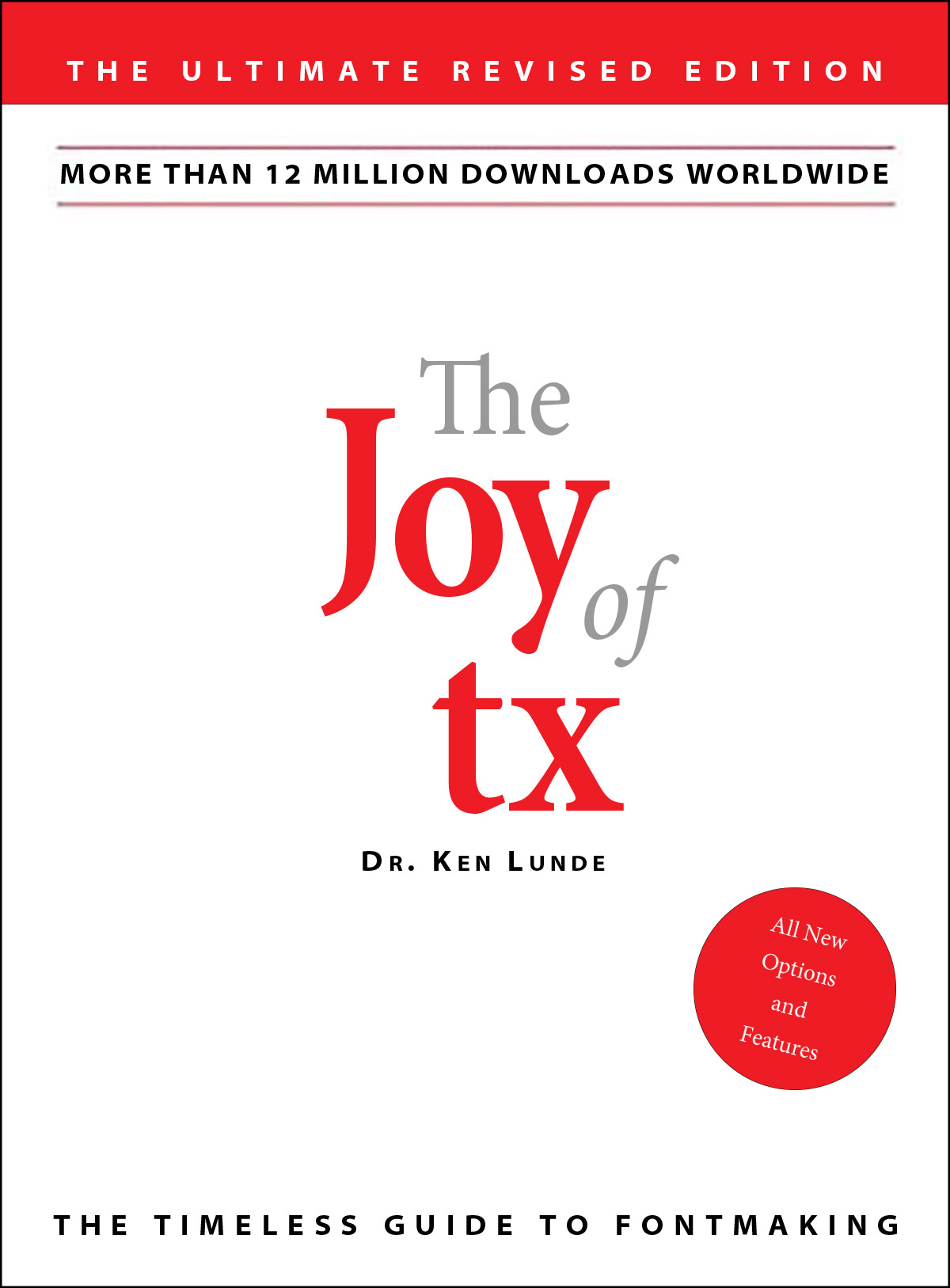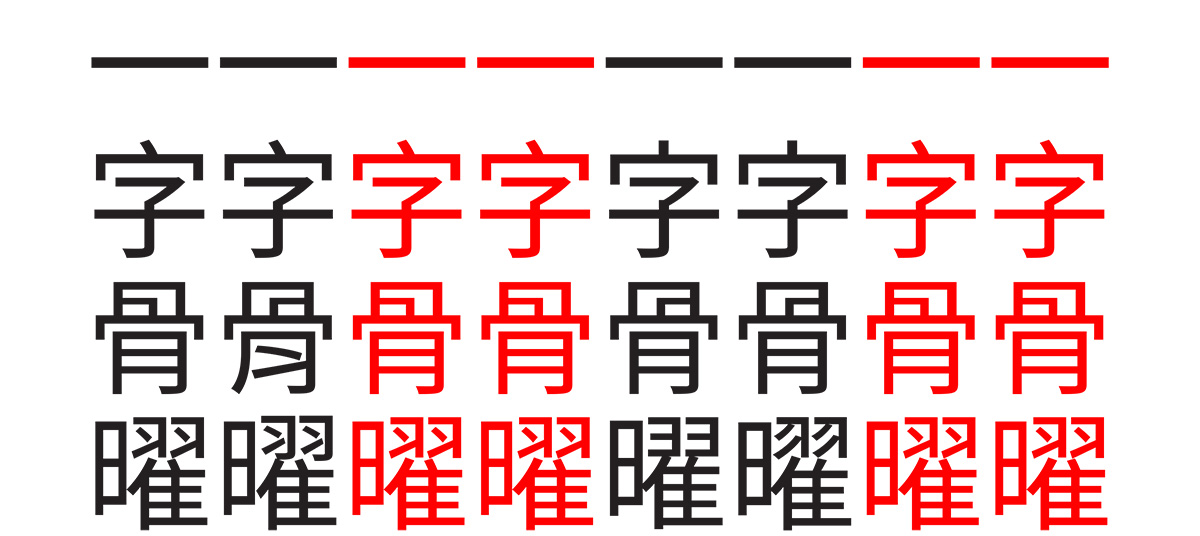
Attention, students! Class is in session.
In my experience, the following two statements about standards are seemingly conflicting yet accurate:
- Standards are incredibly useful—and required—for product development.
- Standards cannot be completely trusted.
On one hand, developing products, such as typeface designs and their fonts, depends on standards.
On the other hand, standards themselves are developed by humans, meaning that they are prone to error, especially when they happen to be character set or glyph standards that include thousands or tens of thousands of representative glyphs.
Continue reading…











